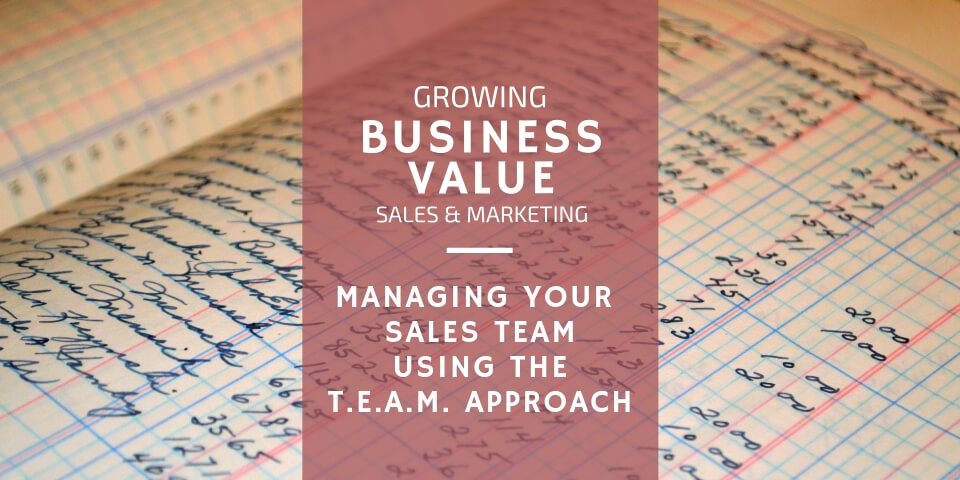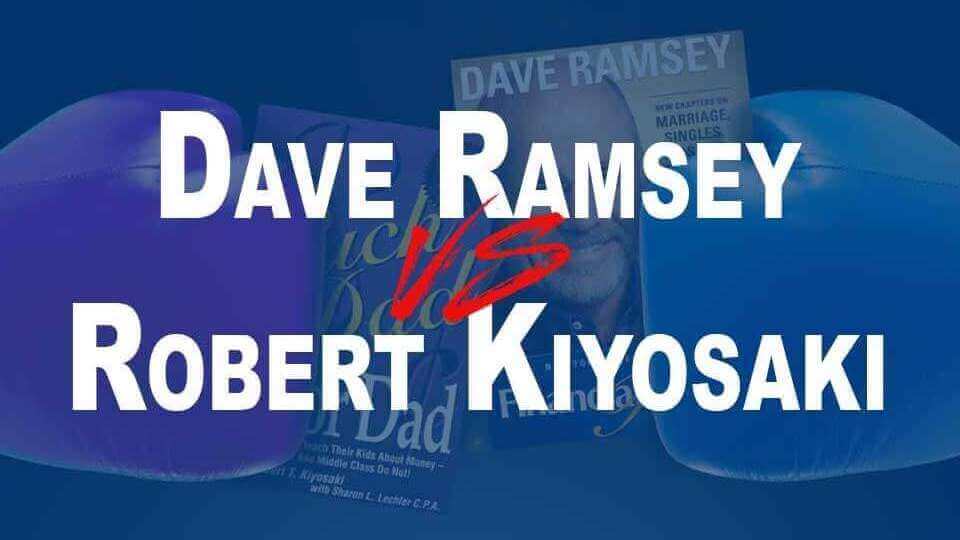
How to Manage a Sales Team Using the T.E.A.M. Approach
January 28, 2019
An Epic Financial Battle! Dave Ramsey vs Robert Kiyosaki! Who’s Right?
April 19, 2019How We Avoided Capital Gains Tax on a Business Sale

Did you know that you could sell a business or a highly appreciated asset and not pay a dime in taxes? I know what you are thinking. Yes, it does sound too good to be true. However, this is not one of those cases. It is absolutely possible with a Charitable Remainder Trust. Though it is not for everyone, it can be a great method if you’re looking for ways to avoid capital gains tax on a business sale.
I had a particular client wishing to sell their business. And because it had grown to such a high value they were going to make an outstanding profit from its sale. Yet with the nice yield coming from unloading the company, the clients were frustrated by the total amount of taxes they would have to pay. So we immediately sprang into action, meeting with their CPA and attorney to see what, if any, tax breaks we could utilize to minimize the clients’ tax burden. After all our strategizing, we were able to reduce the taxes from the sale to $0 AND drop this year’s taxes so far down that we were able to pull money out of their IRA, further diminishing the income taxes on that as well. You are probably thinking, “how in the world?”
What is a Charitable Remainder Trust?
Very simply, our client gave their business to a charity. As a legal charitable entity, the charity is not liable for paying any taxes. So once my clients gave the business to them, the charity and our clients entered into an agreement that stated the clients would receive income from the asset for the remainder of their lives—thus a Charity Remainder Trust (CRT). Because it is a trust, that means it is outside of the clients’ estate. Again, the type of giving is complicated, but to simply state it, the clients gave the business to the charity which in turn sold the business, paying $0 in taxes. Then based on the agreement, the full value of the business went into an account for the charity, from which our clients will receive income for the rest of their lives. WOW! That is pretty powerful!
Who Benefits from CRTs?
A Charitable Remainder Trust is perfect for this client who is very philanthropic. However, his character trait of giving is an absolute must when considering a CRT because it is also one of the most significant potential downsides: CRTs are irrevocable. This means once they are in place, there is no going back… you can’t change it. For this particular client, they were in their mid-60s with about a 25-year life expectancy. The numbers and their overall financial well-being made this irrevocable planning tool a great way to maximize the benefits of using a charitable remainder trust.
Again, I am giving you an overview and simplifying the benefits CRTs may offer so talk to your financial professionals.
CRT by the Numbers
Let’s walk through the numbers. We will use the hypothetical that the business was worth $1 million. Many times the taxes can be a whopping $200k to $400k, possibly, even more, depending on the breakdown of the owner’s actual tax classification. For this example, we’ll say the taxes were 30% or $300k of the million. Because of the Charitable Remainder Trust, my clients did not pay that because the full $1 million went into the trust account.
Not only that, but they also received a substantial charitable deduction on their taxes which reduced his liabilities significantly, so much so that we were able to pull out some of their retirement money which further decreased their overall tax burden. In the clients’ case, we only need about 3% distribution, or $30k, from the $1 million sale, and the trust easily provided that 3% for the rest of their lives. That means instead of only being able to take 3% of $700k (the after-tax amount if they sold their business outright), they were now taking 3% of a million. In this case, it was a fantastic tool.
RELATED READING: How Much is My Business Actually Worth? A Surprisingly Complex Number
Can You Avoid Capital Gains Tax with a CRT?
If you’re contemplating selling your business, a piece of real estate, or another highly appreciated asset, then a Charitable Remainder Trust could help you avoid capital gains tax and provide you with a nice income stream, all while minimizing or eradicating your taxes altogether! Of course, this example worked great for our client but you should talk to your financial advisor to see if CRTs are right for your specific situation. If you don’t have an advisor, contact us. As a client, we can discuss CRTs and other tax-mitigation strategies specific to you.



